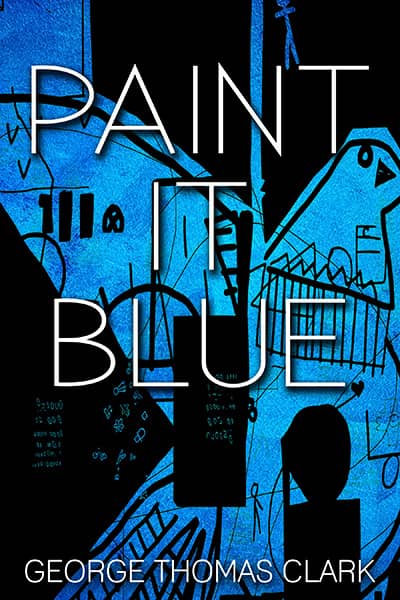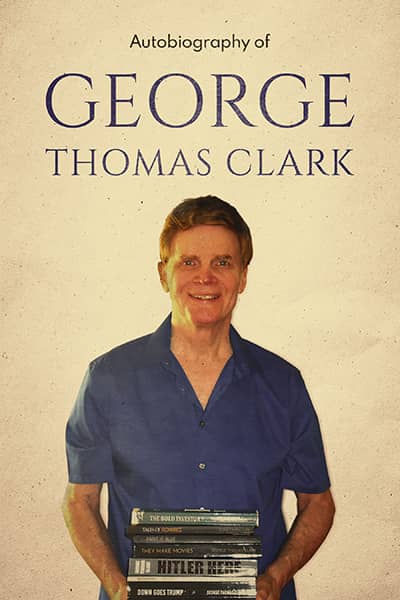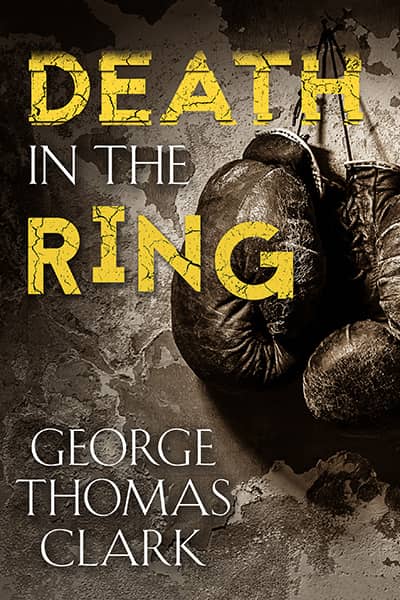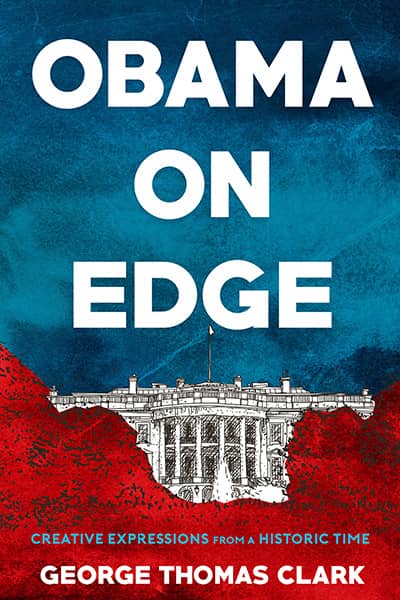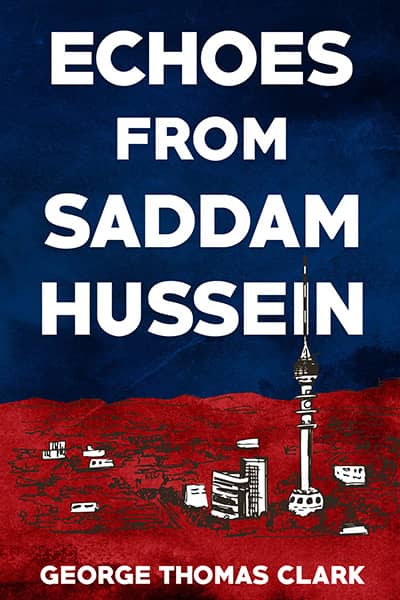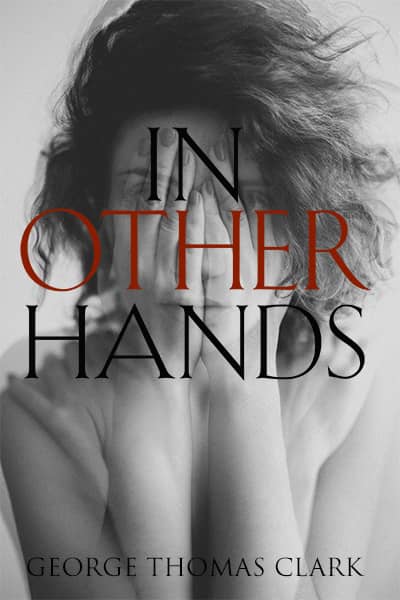Poe the Editor and Family Man – Part 8
July 7, 2008
When Aunt Maria’s mother died her pension was also buried and that night Edgar Allan Poe raged to dig it up. Aunty and Virginia guided him into bed from which he two days later arose dazed but determined to be responsible. Aunty had become his real mother and Virginia, though only age thirteen, was already more vital than any cousin since antiquity. Weak souls all, they would sustain each other in a foreboding world, if Poe could support them. How could he not? Sincerity and intelligence he possessed as much as any man. Of course he could care for his new family. If not, there’d be misery in life and life after death.
Poe developed those themes in “Berenice” and “Morella”, and sent the tales to The Southern Literary Messenger’s owner, Thomas Willis White, whom for months he’d courted with his quill. He’d also been offering White literary reviews and complimentary advice on a range of aesthetic and technical issues regarding the profitable publication of an incisive magazine. If White could pay even a pittance, Poe would delightedly come to Richmond, the town where his beautiful young mother was buried, and where John Allan abused, betrayed, and disinherited him and now lay rotting. In August 1835 White, a mere printer often intimidated by literary obligations, hinted he might need assistance but offered nothing. Poe rushed in and at once contributed another tale and pungent reviews as well as poems and erudite letters of acceptance to authors and tactful letters of declination, and read and edited proofs and tutored White on paper stock and layout and marketing.
“You have but a few hundred subscribers,” Poe said. “I shall bring you ten times that. Meanwhile, sir, please banish yourself so I may fashion the finest periodical in the history of this troubled land.”
“You’ve been drinking again.”
“Preposterous.”
“In my employ you will not degrade that chaste empress, temperance. And fool yourself not – No man who drinks before breakfast is safe.”
Poe would in fact have been in greater peril sober and unsedated. His Aunty had just written him about the offer of his second cousin, Neilson Poe, to take Virginia into his home and provide a fine education and worldly social opportunities. Her mother was inclined to accept. To save himself, Poe on August twenty-ninth responded: “I am blinded with tears while writing this letter… My bitterest enemy would pity me could he now read my heart – My last and my only hold on life is cruelly torn away – I have no desire to live and will not… I love Virginia, passionately, devotedly. I cannot express in words the fervent devotion I feel towards my dear little cousin – my own darling… All my thoughts are occupied with the supposition that both you and she will prefer to go with N. Poe. I do sincerely believe that your comforts will for the present be secured – I cannot speak as regards your peace – your happiness. You have both tender hearts – and you will always have the reflection that my agony is more than I can bear – that you have driven me to the grave – for love like mine can never be gotten over. It is useless to disguise the truth that when Virginia goes with N.P. that I shall never behold her again – that is absolutely sure. Pity me, my dear Aunty, pity me. I have no one now to fly to… It is useless to expect advice from me – what can I say? Can I, in honor and in truth say – Virginia, do not go! – Do not go where you can be comfortable and perhaps happy – and on the other hand can I calmly resign my life itself. If she had truly loved me would she not have rejected the offer with scorn? (And) if she goes with N.P. what are you to do my own Aunty?
“I had procured a sweet little house…on Church hill – newly done up and with a large garden and every convenience – at only $5 per month. I have been dreaming every day and night since of the rapture I should feel in seeing my only friends – all I love on Earth, with me there; the pride I would take in making you both comfortable and in calling her my wife. But the dream is over… What have I to live for? Among strangers with not one soul to love me.”
Poe stiffened to stress his encouraging financial prospects – $60 a month were imminent from The Messenger – and promised to shortly send Aunty money and would have already had the mail not been vulnerable to robbers. Finally, on a tightrope, he offered the essence: “Ask Virginia. Leave it to her. Let me have, under her own hand, a letter, bidding me goodbye – forever – and I may die – my heart will break – but I will say no more.
“Kiss her for me – a million times.
“For Virginia,
My love, my own sweetest Sissy, my darling little wifey, think well before you break the heart of your cousin Eddy.”
This emotional crisis intensified pathologies always dwelling within Poe. In a fortnight he revealed to one of The Messenger’s contributors that his feelings were ”pitiable” and he had “struggled in vain against this melancholy” and was “wretched” and “suffering under a depression of spirits that will not fail to ruin (him) should it be long continued.”
Poe’s torment also threatened the health of Thomas Willis White, who in September told his gifted new employee they must part. Poe did not believe it. He could not or he would’ve spontaneously expired. Instead, he rallied to Baltimore and convinced Virginia and Aunty to return to Richmond with him, and wrote to assure White that only loneliness and family crisis had forced him to imbibe.
The publisher responded: “That you are sincere in all your promises, I firmly believe. But, Edgar, when you once again tread these streets, I have my fears that your resolve would fall through – and that you would again sip the juice, even till it stole away your senses. Rely on your own strength and you are gone. Look to your Maker for help, and you are safe.
“How much I regretted parting with you, is unknown to anyone on this earth, except myself. I was attached to you – and am still – and willingly would I say return, if I did not dread the hour of separation very shortly again. You have fine talents, Edgar – and you ought to have them respected, as well as yourself. Learn to respect yourself, and you will very soon find that you are respected. Separate yourself from the bottle, and bottle companions, forever. Tell me if you can and will do so – and let me hear that it is your fixed purpose never to yield to temptation.
“If you should come to Richmond again, and again should be an assistant in my office, it must be especially understood by us that all engagements on my part would be dissolved the moment you get drunk.”
Like a man rescued from the gallows, Poe lived prudently and worked frenetically, impressing his Aunty and Virginia, who complained little that instead of a “sweet little house” they lived in a boardinghouse. Rejuvenated by several weeks of their company, Poe felt he’d entered an era of physical health, creative opportunity, and modest financial security. His tales would eventually earn what they deserved, he believed, but they “required much labor spent in their composition, or they will degenerate into the turgid or the absurd.” He needed to get famous faster, and generated attention by slashing those whom he discerned had not labored with sufficient ardor.
In The Messenger’s January 1836 issue Poe celebrated his twenty-seventh birthday by demolishing William Gilmore Simms and The Partisan, his recent historical novel about the Revolutionary War. While he often reviewed fairly and constructively, Poe occasionally couldn’t refrain from obsessive and hypercritical commentary. Poor Simms is bushwhacked right after this short dedication to a Richard Yeadon:
“Dear Sir,
“My earliest, and, perhaps, most pleasant rambles in the fields of literature, were taken in your company – permit me to remind you of that period by inscribing the present volumes with your name.”
In those few words Simms commits the “cant of laconism” as well as “excessive terseness, excessive appropriateness, and excessive gentility.” As punishment Poe places Simms in Yeadon’s study where the host, upon hearing the author read the comma- and dash-delayed tribute, twitches into a rage and tosses Simms down the stairs.
Still merely unlimbering, Poe notes that Simms has written four other books, some in the second and third printing, and thus with “our author’s long acquaintance with the Muse, we must be pardoned if…we make no allowances whatever on the score of a deficient experience.” His saber thusly sharpened, Poe comments that Simms’ book is “told in a language exceedingly confused, ill-arranged, and ungrammatical.” While conceding the author’s historical characters are “well-drawn (and some) positively unsurpassed by any similar delineations within our knowledge,” Poe asserts “fictitious existences in The Partisan will not bear examination” for among them are a “non-entity…an idiot…an ass… an insufferable bore.” Furthermore, “Mr. Simms’ English is bad – shockingly bad.” Trust the reviewer. He unrelentingly hammers examples of dangling modifiers one would anticipate from a man who, in “villainously bad taste”, writes “reprehensible” and “abominable” passages distorted by “manifest blunders and impertinences.”
Despite all this, Poe observes, “The Partisan is no ordinary work. Its historical details are replete with interest. The concluding scenes are well drawn. Some passages descriptive of swamp scenery are exquisite. Mr. Simms has evidently the eye of a painter.” Alas, Poe concludes that Simms might “succeed better in sketching a landscape than he has done in writing a novel.”
Readers anticipated Poe’s criticism more than his fiction or poetry. For admirers each piece carried the allure of a literary joust; others declared Poe a destructive force who envied the recognition and financial attainments of those he attacked. Despite his propensity for overkill, Poe was most passionate about improving American literature and insight of readers who’d long yearned for writers at least comparable to those in England. Poe believed a recent wave of literary “puffery” had inveigled Americans into embracing unworthy books, and thus by inference he scolded readers as well as writers.
Sources: Thomas Willis White to Edgar Allan Poe, September 29, 1835; Edgar Allan Poe’s Review of The Partisan, from The Southern Literary Messenger, January 1836; Edgar Allan Poe, A Critical Biography, Arthur Hobson Quinn; Edgar A. Poe, Mournful and Never-ending Rem

